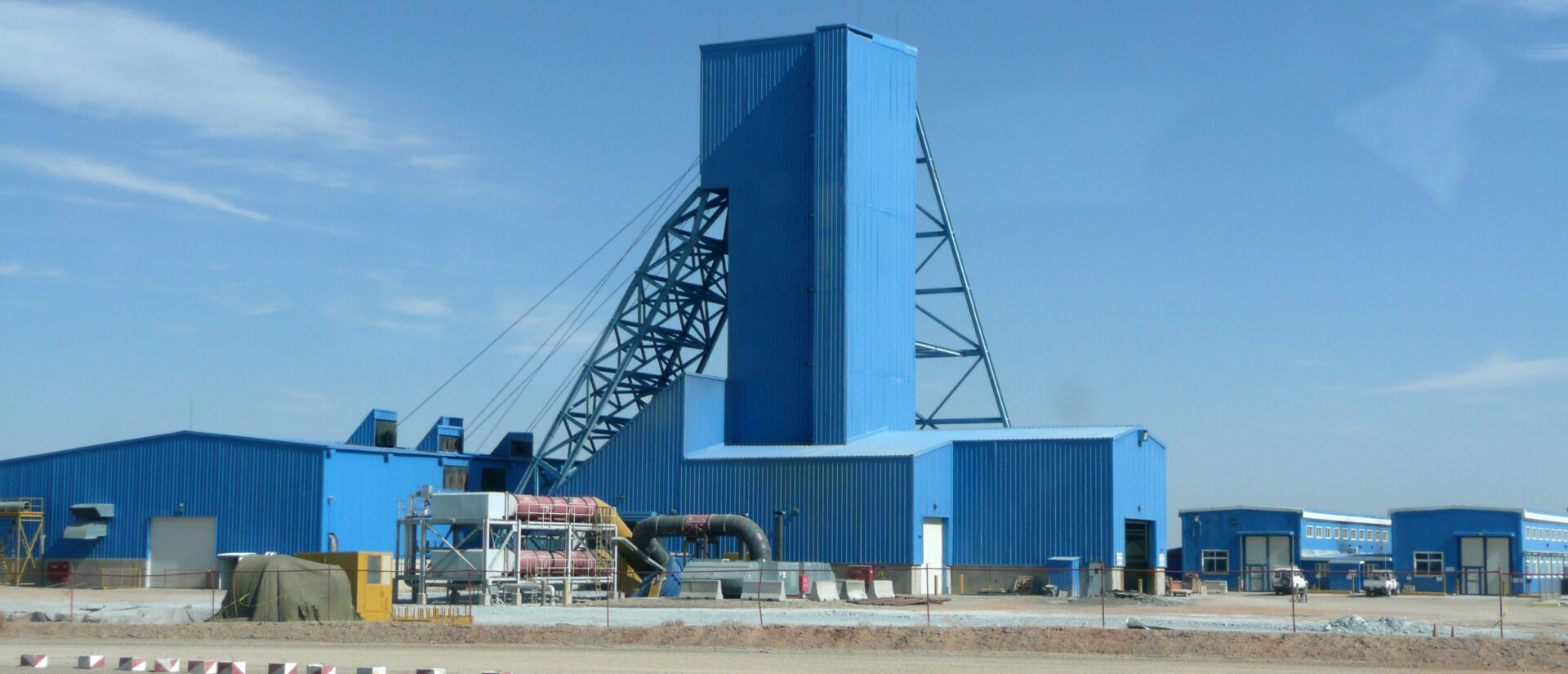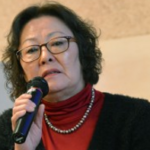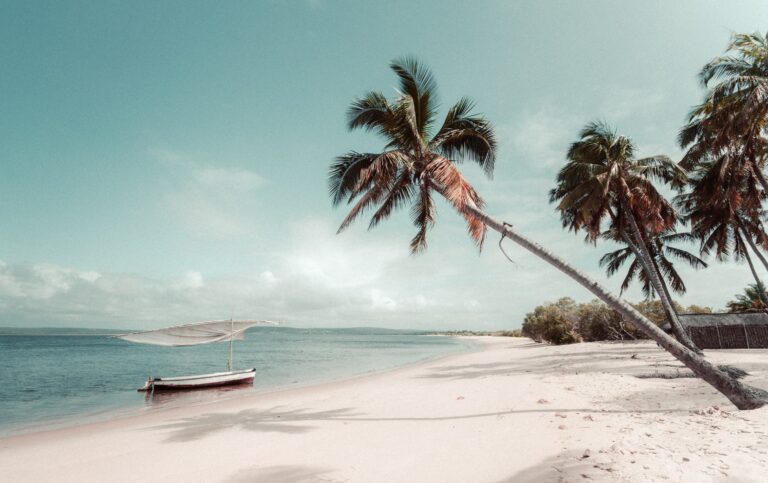
Interview with Sukhgerel Dugersuren (OT Watch)
 SOMO works in close collaboration with partners from all parts of the world. Through joint publications and lobbying, we strengthen the position of local organisations, encourage engagement and influence policymaking and companies. One of our partners is Oyu Tolgoi Watch (OT Watch), a civil society organization from Mongolia. We asked OT Watch’s director, Sukhgerel Dugersuren, a couple of questions to highlight the importance of their work.
SOMO works in close collaboration with partners from all parts of the world. Through joint publications and lobbying, we strengthen the position of local organisations, encourage engagement and influence policymaking and companies. One of our partners is Oyu Tolgoi Watch (OT Watch), a civil society organization from Mongolia. We asked OT Watch’s director, Sukhgerel Dugersuren, a couple of questions to highlight the importance of their work.
What’s the reason why OT Watch as an organization was formed?
Well, an important reason was the way the establishment and operation of the Oyu Tolgoi mine (in Mongolia) were negotiated. These negotiations regarding a tax stability and an investment agreement, which were led by the World Bank, have been a target for civil society in Mongolia since the early 2000’s. The lack of transparency and proper feasibility and impact assessments led to an unfair and unacceptable investment agreement in 2009. After various individuals from civil society organizations organised a hunger strike to oppose this agreement, we decided to establishment a watchdog organisation to monitor Oyu Tolgoi’s compliance with the international environmental and human rights standards.
Do you face challenges in Mongolia to do these activities? If so, how do you deal with it?
The main challenge is the absence of a tradition of civic activism in Mongolia and any support for our work. In recent years, the political leadership in this country, in particular the Democratic Party and the People’s Party, have condemned our work because mining is seen as a generator of wealth and our activities are therefore seen as an obstruction for development. A consequence is that we are forced to seek foreign funding for our activities and therefore we’re labelled as ‘traitors’ or ‘foreign funded agents’.
How do you deal with that?
The only way to fight that is to put out solid, fact-based information and raise public awareness on best practices and proposing better solutions. Just creaming “stop” isn’t going to work. We want the government to understand that we, the people, have a different expectation of development. We want meaningful development for the Mongolian people, not development of mega projects for the sake of moving money and goods.
How did you get in touch with SOMO?
At the time OT Watch was established we had no resources or little knowledge about how to engage with the international standard setting and monitoring entities. So, we just sent out a series “alert letters” about Oyu Tolgoi violations to the international civil society space. Then we received information on the NCPs mechanism of the OECD and we filed a complaint. We filed a request for a review in April 2010 and became member of OECD Watch. Since then we have been working together with SOMO on fact finding missions and complaints.
How has Mongolia developed as a country since the fall of the Soviet Union and what has been the impact of the mining industry on the country?
When the Russians left and they pulled out all their support for the country – it was bad. Food was rationed and children who grew up or born in those years are smaller and underdeveloped compared to other generations. That is how bad it was. Then the ‘IMF, Harvard University and Goldman Sachs type of development guru’s’ decided to experiment and introduce a shock therapy by starting simultaneous political and economic transition to a market economy. Just as the economy was beginning to stabilize and grow, the World Bank decided to push the Mongolian economy towards growth based on mineral extraction. All the mining produce goes to China: Mongolia has been made fully dependent on a single industry and a single market. The IMF bailing out Mongolia for the sixth time in 2017 is what mining does to the economy.
Do you see an alternative for mining in Mongolia?
Go back to being “the end of the world” – nomadic pastoralism can produce ecologically clean food, it is the key tourist attraction and it can provide the wealth for pastoralists to live in nice mansions and drive cool cars too. We can become a source of truly ecologically clean meat, dairy wool, cashmere and bone products that can be sold to world markets as a special brand. Research and development efforts of such produce, while in nascent stage, is already finding export markets.
Partners
-
Oyu Tolgoi Watch
Related news
-
The Netherlands – still a tax haven Published on:
 Arnold MerkiesPosted in category:Publication
Arnold MerkiesPosted in category:Publication Arnold Merkies
Arnold Merkies
-
 Tax avoidance in Mozambique’s extractive industriesPosted in category:Long read
Tax avoidance in Mozambique’s extractive industriesPosted in category:Long read Vincent KiezebrinkPublished on:
Vincent KiezebrinkPublished on: -
The treaty trap: The miners Published on:
 Vincent KiezebrinkPosted in category:Publication
Vincent KiezebrinkPosted in category:Publication Vincent Kiezebrink
Vincent Kiezebrink

